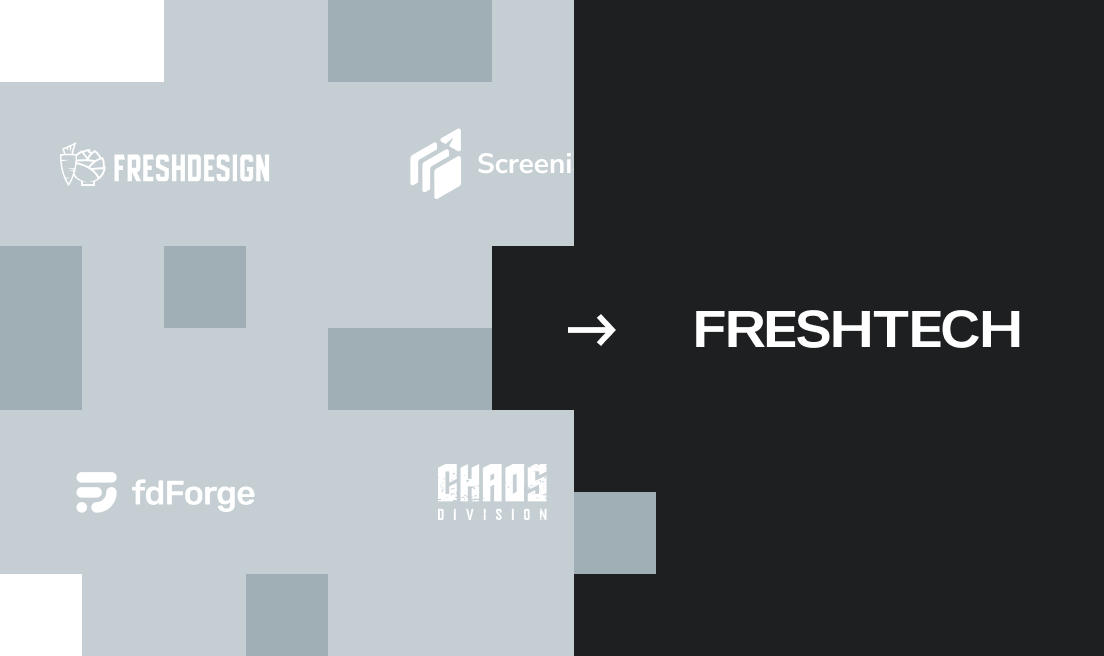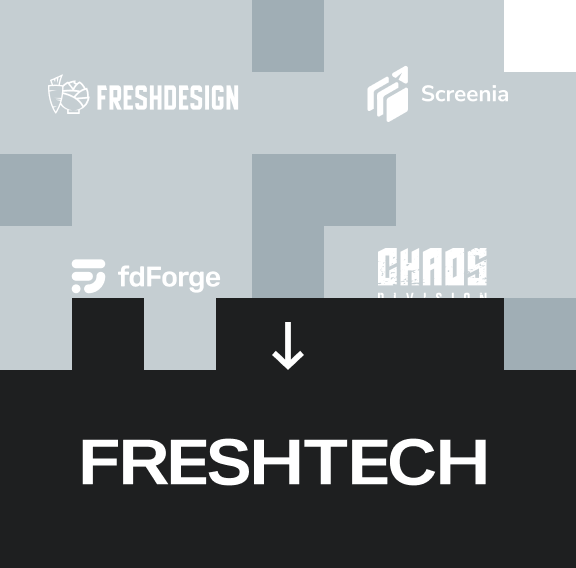In addition to well-constructed filters, you should also pay attention to another, but no less important, search functionality:
Sorting goods by price, popularity and other parameters; the ability to distinguish a product from others is a function of adding a product «to favorites»;
The function of comparing goods (one of the most popular functions on the part of the buyer).





